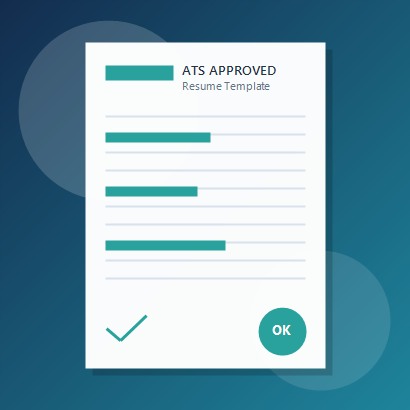The Ethics of Resume Writing: What to Disclose, What to Withhold
Resume Optimizer Pro Editorial Team
Updated November 3, 2024

Crafting a resume that stands out in a competitive job market is an art. While the ultimate goal is to present oneself in the best possible light, crossing ethical boundaries can compromise one's chances of landing a job. This article explores the fine line between self-promotion and dishonesty, providing guidance on what to include and what to leave out of your resume.
Understanding Resume Ethics
A resume is more than just a document; it's a tool to communicate your professional story. Ethical resume writing involves being truthful about your qualifications and experiences, ensuring accuracy in every detail. The ethics of resume writing don't merely protect the integrity of the applicant; they also respect the time and trust of recruiters and potential employers.
What to Disclose on Your Resume
-
Complete Work History Relevant to the Job
Disclosing a complete work history that is relevant to the job you are applying for is crucial. This includes not only positions that were full-time or long-term but also significant part-time roles, internships, freelance jobs, and temporary assignments, especially those that contribute to your overall experience and skills set. -
Accurate Dates of Employment
Always provide accurate dates of employment to avoid any implications of dishonesty. Even unintentional discrepancies between your resume and background checks can raise questions about your integrity. -
Real Skills and Proficiencies
List skills and proficiencies that you genuinely possess. Be honest about your level of expertise, especially with technical skills or languages. Misrepresenting your abilities can lead to awkward situations if you're unable to perform as expected. -
Educational Background
State your educational achievements clearly and accurately. This includes the degrees you have earned, institutions attended, and any honors or distinctions. If you attended college but did not graduate, be clear about how many credits you completed. -
Certifications and Licenses
Certifications and licenses that are current and relevant to the job should be included on your resume. Expired certifications should only be listed if they are in the process of renewal, and this status should be clearly indicated.
What to Withhold from Your Resume
-
Irrelevant Work History
While it might be tempting to list every job you've ever had, omitting positions that are not relevant to the specific role you are applying for can help keep your resume focused and concise. This helps the employer concentrate on the experiences that truly matter. -
Salary Information
Salary history should not be included on a resume. This information is inappropriate and can prematurely box you into a specific compensation range or, worse, make you seem overqualified or underqualified. -
Negative Experiences
Do not include negative reasons for leaving previous jobs or critiques of former employers. The resume should maintain a positive tone focused on your accomplishments and what you can bring to the future role. -
Personal Information
Personal details such as your social security number, marital status, nationality, religious affiliation, or health status should never be included in a resume. This information is not only irrelevant to your job application but could also expose you to potential bias. -
References
It is now generally accepted not to include references on a resume unless specifically requested by the employer. Instead, have a separate list ready to provide upon request.
Navigating the Gray Areas
Sometimes, what to include on your resume might not be black and white. For instance, if you have a gap in your employment history due to personal reasons like health issues or caring for a family member, you may decide how much, if at all, to disclose about these gaps. It's generally advisable to focus on how you've kept your skills up-to-date during that period rather than the details of the gap itself.
Conclusion
Ethical resume writing is crucial for maintaining your professional reputation. It is about balancing transparency with tact and focusing on information that will genuinely help potential employers understand your qualifications and fit for the role. Navigating the ethics of resume writing can be challenging, but maintaining honesty and integrity is essential. By focusing on what is most relevant and true, you present a trustworthy and professional image to potential employers. Remember, a successful career starts with a truthful resume.


